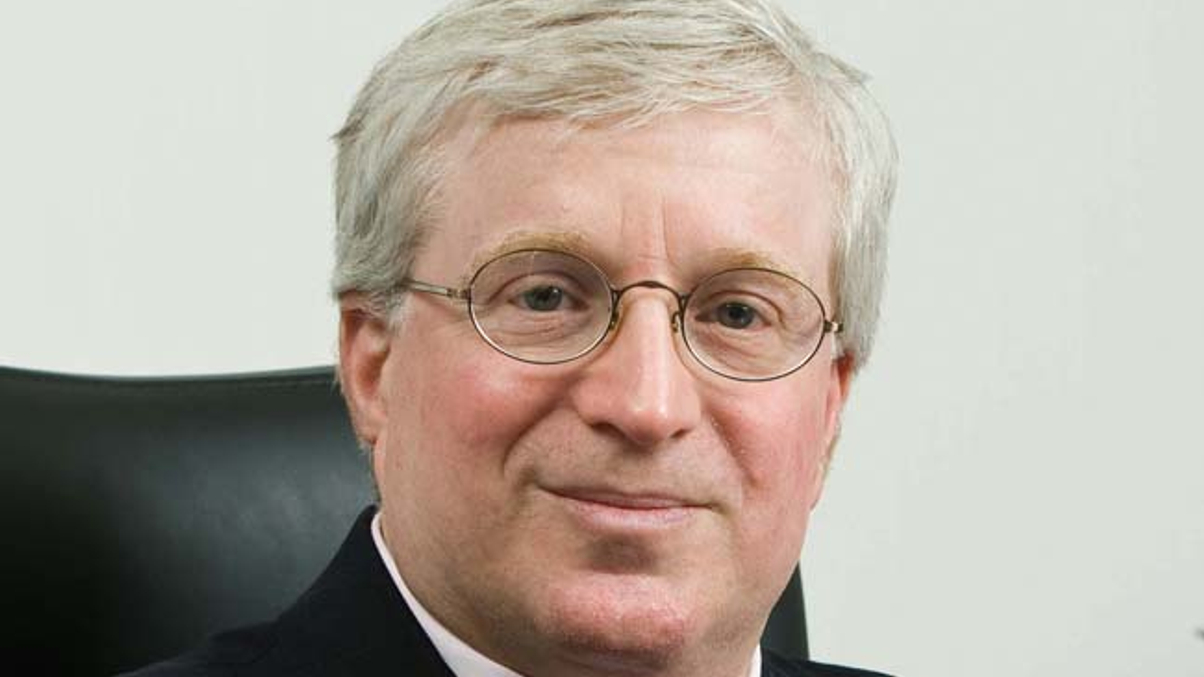SWFs get long view, hedgies stuck in tunnel vision
Sovereign wealth funds are finding volatility tough to navigate, while hedge funds are battling unrealistic investor expectations, say panellists at the Salt Singapore summit.

Hedge fund managers, particularly in Asia, have been pressed about their ability -- or in some cases the lack thereof -- to generate returns, particularly in volatile markets.
Sign in to read on!
Registered users get 2 free articles in 30 days.
Subscribers have full unlimited access to AsianInvestor
Not signed up? New users get 2 free articles per month, plus a 7-day unlimited free trial.
¬ Haymarket Media Limited. All rights reserved.


